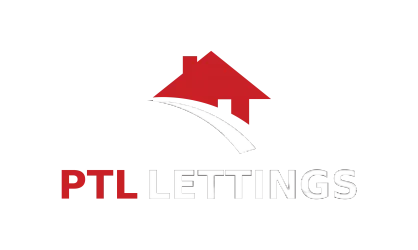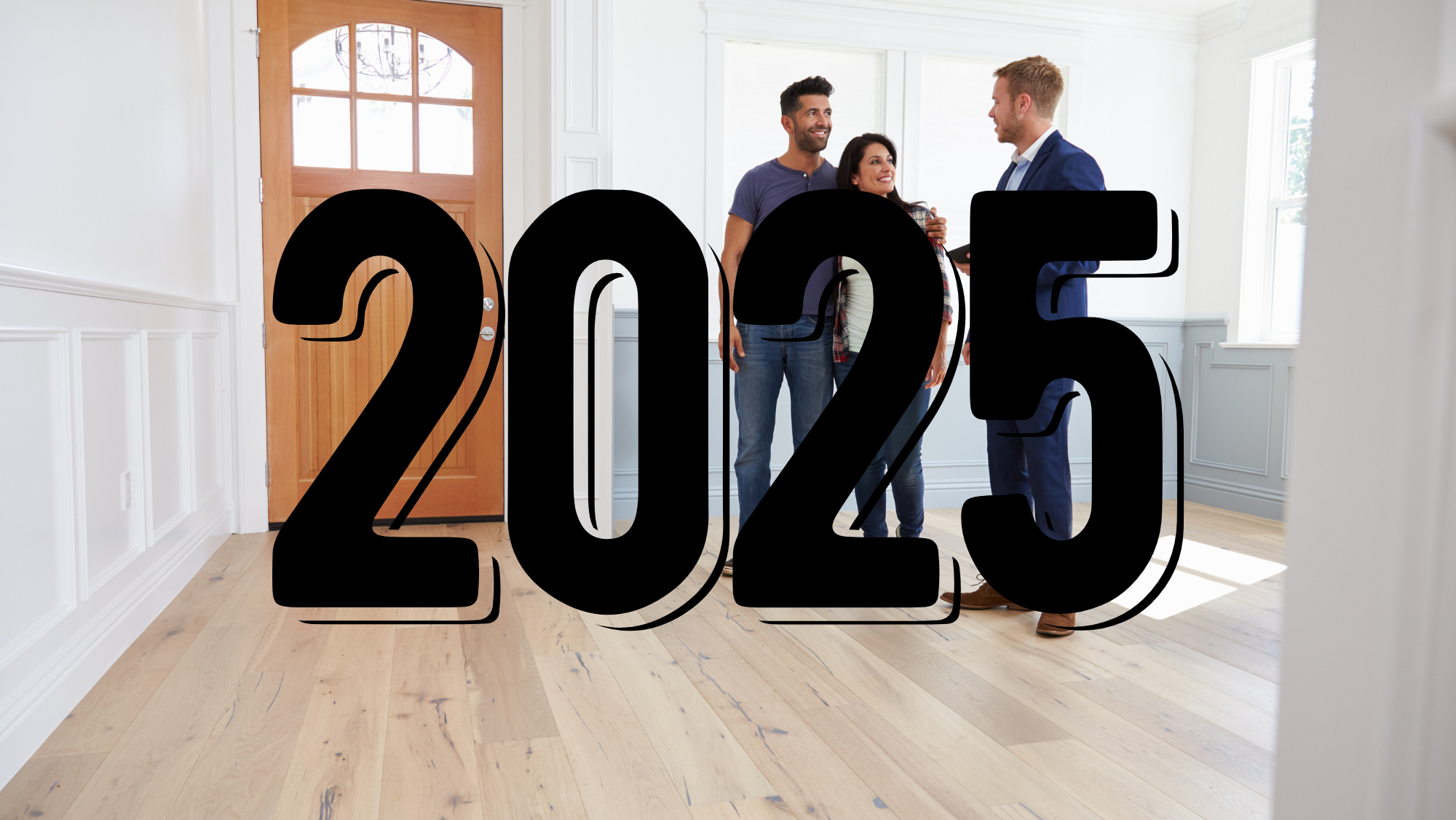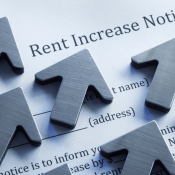landlords
- Home
- Posts tagged"landlords"
- Page 2
PTL Lettings
26 Jun 25
Dealing with Noise Complaints in Your Rental Property: A Guide for Landlords
Dealing with noise complaints is unfortunately part and parcel of being a landlord. Whether it’s
PTL Lettings
19 Jun 25
How to Market a Rental Property in Summer: Seasonal Tips to Stand Out
Summer is prime time for letting. With longer daylight hours, green gardens, and more people
PTL Lettings
12 Jun 25
Creating a Welcoming Rental Home: Small Touches That Make a Big Difference
When it comes to letting your property in Peterborough, it’s not just location and layout
PTL Lettings
05 Jun 25
Dealing With Pests in a Rental Property
As a landlord, dealing with pests in a rental property is one of those jobs
PTL Lettings
17 Apr 25
How to Market a Rental Property in Spring
Should you market a rental property in spring in Peterborough? Yes! The days are longer,
PTL Lettings
10 Apr 25
Landlord Lessons: 9 Steps to a Stress-Free Tenancy
Being a landlord can be a rewarding investment, but it also comes with its fair
PTL Lettings
13 Feb 25
Tenant Screening Made Easy: Why Landlords in Peterborough Should Consider Professional Help
Tenant screening is one of the most important tasks for any landlord, in ensuring
PTL Lettings
26 Dec 24
Preparing Your Rental Property for the New Year Market
During the festive season, landlords in Peterborough have the perfect opportunity to prepare their properties
PTL Lettings
12 Dec 24
Letting Your property in Winter: Landlord Considerations
Letting a property in winter can be a unique experience, especially for landlords in Peterborough.
PTL Lettings
05 Dec 24
Are Property Inventories Important? 10 Reasons Why You Need One!
Inventories might seem like just another checklist when it comes to renting in Peterborough, but they
Recent Posts
All Categories
Tags
2026
advice for landlords
assured tenancy agreement
attract tenants
best tenants
buy-to-let
checklist
christmas tenancies
December
Diamond
festive tips for renters
garden
handling vacant rental properties
hybrid working
kerb appeal
landlords
legionaires disease
legionella
Letting
lettings
Luxury
Luxury Living
marketing
new year rentals
noise complaints
pest control
preparing a rental property
property inventories
property maintenance
property management
remote working
rental
rental demand
rental property
rentals
renters' rights act 2026
rent increases
renting
renting to tenants with pets
tenancy deposit
tenants
tips
void periods
winter rentals
work from home














